- Country
- Travel Package
- Blogs
- Contact Us
-
- Dashboard
- Booked List
- Wishlist
- Login

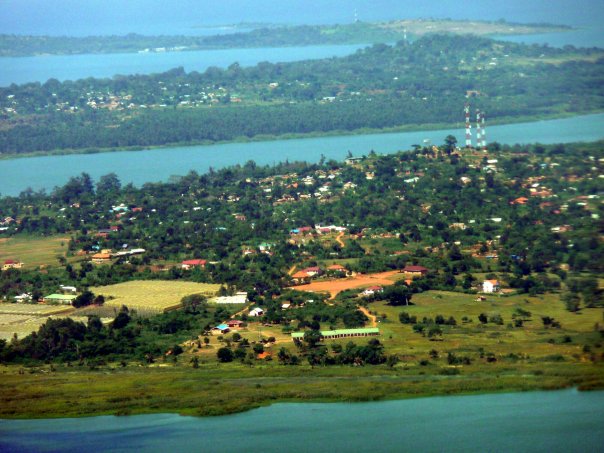
Colonial History: Entebbe was established as the capital of Uganda during British colonial rule and served as the administrative center until 1962.
Airport: The city is home to Entebbe International Airport, the main gateway for international travel to Uganda.
Natural Beauty: Entebbe is known for its picturesque landscapes, including beaches along Lake Victoria and lush greenery.
Climate: The city experiences a tropical rainforest climate, with significant rainfall throughout the year.
Botanical Gardens: The Entebbe Botanical Gardens are a popular attraction, featuring a wide variety of plant species and beautiful walking paths.
Wildlife: The city is close to several wildlife reserves, including the Uganda Wildlife Education Centre, which focuses on wildlife conservation and education.
Beaches: The shores of Lake Victoria offer recreational activities such as swimming, picnicking, and boat rides.
Tourism: Entebbe's economy benefits significantly from tourism, with visitors drawn to its natural beauty and wildlife.
Business Hub: The city serves as a commercial hub, with various businesses and services catering to both locals and tourists.
Diverse Population: Entebbe is home to a mix of ethnic groups and cultures, contributing to a vibrant community atmosphere.
Festivals and Events: The city hosts various cultural events and festivals that celebrate Ugandan heritage and traditions.
Historical Context
Founding: Entebbe was founded in the late 19th century and became a significant location during the British colonial period. It served as the seat of the Uganda Protectorate government.
Name Origin: The name "Entebbe" comes from the Luganda word for "seat," which is believed to refer to the area where the Buganda king would sit during meetings.
Key Attractions
Entebbe Botanical Gardens:
Established in 1898, these gardens cover 40 hectares and are home to diverse plant species, including medicinal plants and tropical flowers. They also provide a habitat for various bird species, making it a birdwatcher's paradise.
Uganda Wildlife Education Centre (UWEC):
Located near the airport, UWEC is dedicated to wildlife conservation and education. It houses rescued animals and offers visitors the chance to learn about Uganda’s rich biodiversity.
Lake Victoria:
Entebbe’s location on Lake Victoria provides opportunities for water activities such as fishing, kayaking, and boat tours. The lake is the largest in Africa and is known for its biodiversity.
Ngamba Island Chimpanzee Sanctuary:
A short boat ride from Entebbe, this sanctuary is home to orphaned and rescued chimpanzees. Visitors can learn about conservation efforts and observe the chimps in their natural habitat.
Aero Beach:
A popular recreational spot, Aero Beach offers sandy shores, swimming, and picnic areas. It’s a great place for families and social gatherings.
Economic Activities
Tourism: As a gateway to Uganda’s national parks and wildlife, Entebbe attracts many tourists. The tourism sector significantly contributes to the local economy.
Trade and Commerce: Entebbe has a growing commercial sector, with shops, markets, and businesses catering to both residents and visitors.
Agriculture: The surrounding areas engage in agricultural activities, producing crops such as coffee, bananas, and vegetables.
Transportation
Entebbe International Airport: This is Uganda's main international airport and serves as a hub for both passenger and cargo flights. It connects Uganda to various international destinations.
Road Access: Entebbe is well-connected to Kampala and other regions through a network of roads, making it easily accessible for travelers.
Cultural Aspects
Diverse Community: Entebbe is home to various ethnic groups, including the Baganda, Basoga, and others. This diversity is reflected in local customs, cuisine, and festivals.
Local Cuisine: Traditional Ugandan dishes such as matoke (steamed plantains), posho (maize porridge), and various meat dishes are commonly enjoyed in Entebbe.
Environmental Conservation
Biodiversity: Entebbe's proximity to Lake Victoria and various parks makes it a crucial area for biodiversity conservation efforts.
Sustainability Initiatives: Local organizations and government initiatives focus on protecting the environment and promoting sustainable tourism practices.
Conclusion
Entebbe is a city that blends history, culture, and natural beauty. Its role as a key entry point to Uganda, coupled with its attractions and vibrant community, makes it a unique destination for both tourists and residents. Whether exploring the botanical gardens, enjoying the lakeside beaches, or learning about wildlife conservation, Entebbe offers a rich experience reflecting Uganda's heritage and natural wonders.
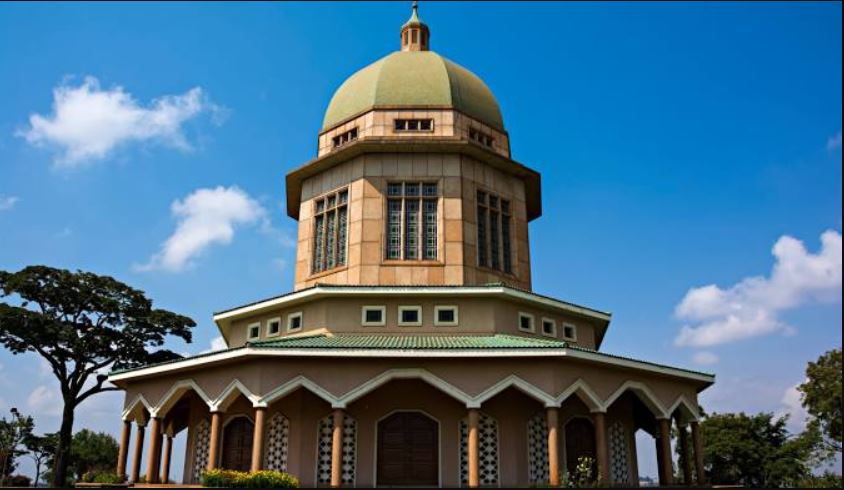
The Baha'i Temple in Kampala, Uganda, is a stunning architectural landmark and a place of worship for the Baha'i community.
Read More ...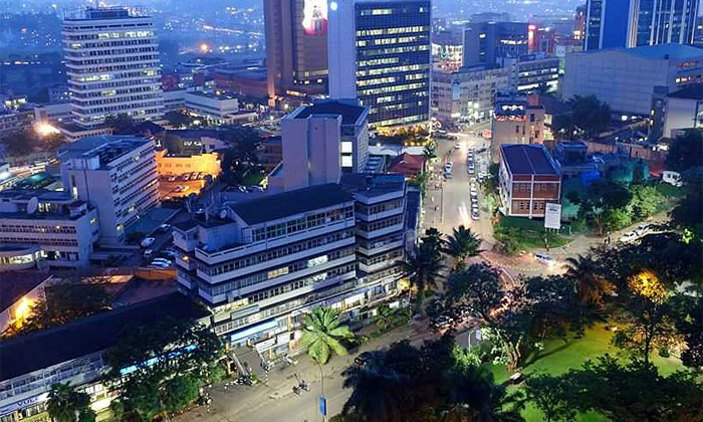
Kampala is the capital and largest city of Uganda, located in the central part of the country. It is situated in the southern part of Uganda near the northern shores of Lake Victoria. Kampala is known for its vibrant culture, bustling markets, and diverse population. The city has a rich history and is home to several historical and cultural landmarks, including the Kasubi Tombs, which are a UNESCO World Heritage Site.
Read More ...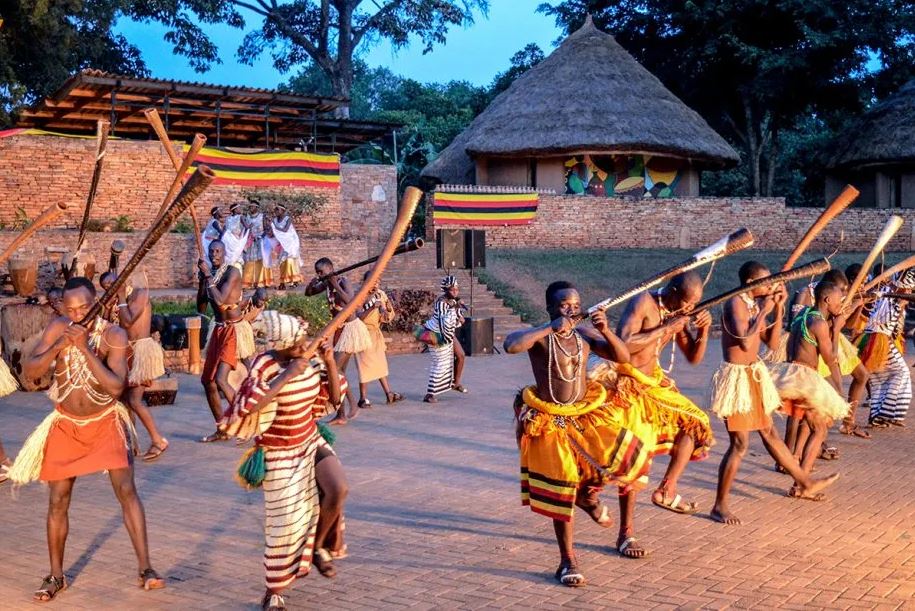
The Ndere Troop Culture Centre, located in Kampala, Uganda, is a cultural hub dedicated to preserving and promoting Ugandan music, dance, and traditions.
Read More ...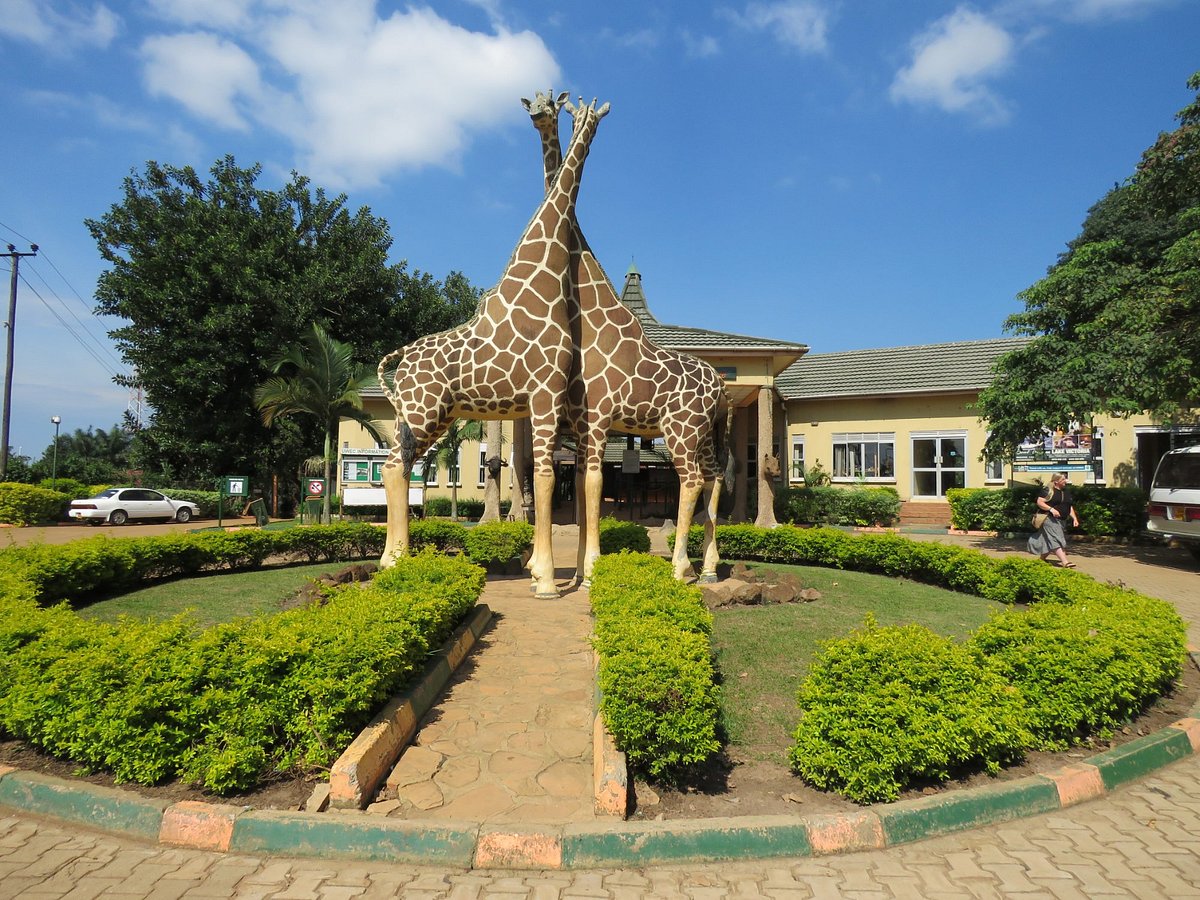
The Uganda Wildlife Education Centre (UWEC), commonly known as Entebbe Zoo, is a leading conservation and educational institution in Uganda. It is located in Entebbe, a town on the shores of Lake Victoria. The center was established in 1952 and covers an area of about 72 acres. UWEC serves as a sanctuary for rescued and confiscated wildlife, providing a safe and natural environment for the animals.
Read More ...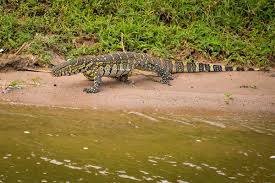
Reptile Village in Entebbe, Uganda, is a unique attraction dedicated to the conservation and education of reptiles. It serves as a sanctuary for various species, including snakes, lizards, and tortoises, many of which are native to Uganda. The village aims to dispel myths and fears surrounding reptiles by providing visitors with the opportunity to learn about these often-misunderstood creatures.
Read More ...To find the best hotels and tourist attractions tailored to your travel preferences, please select a country from the list below. Whether you're dreaming of a beach getaway, a cultural adventure, or a city escape, we’re here to help you discover the perfect destination!
Once you make your selection, we’ll provide you with a curated list of top-rated hotels and must-visit tourist spots in your chosen country. Happy travels!